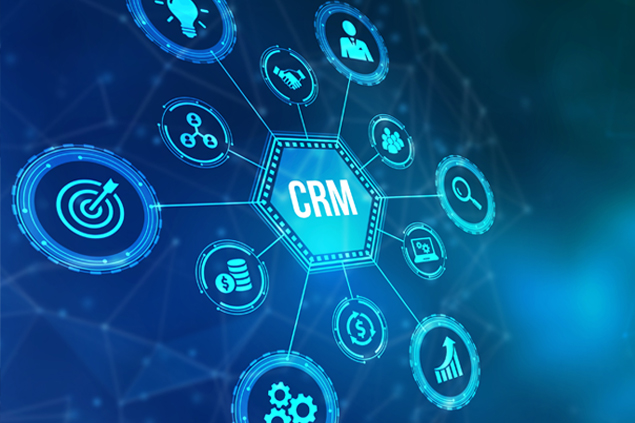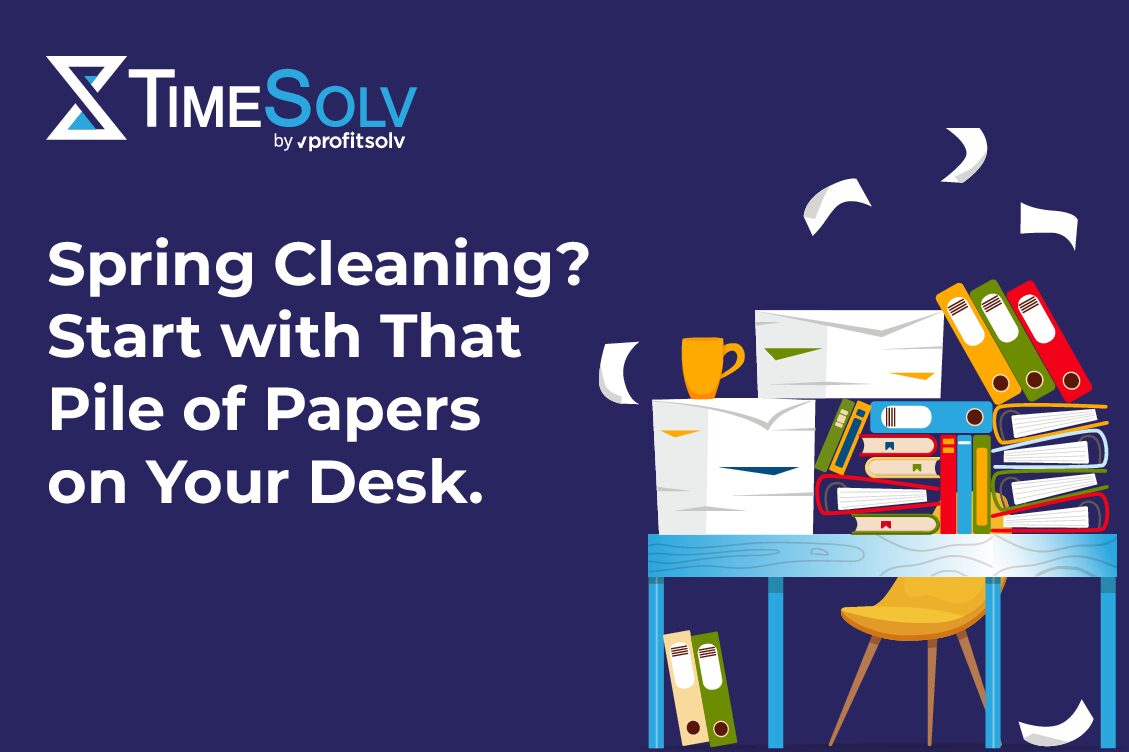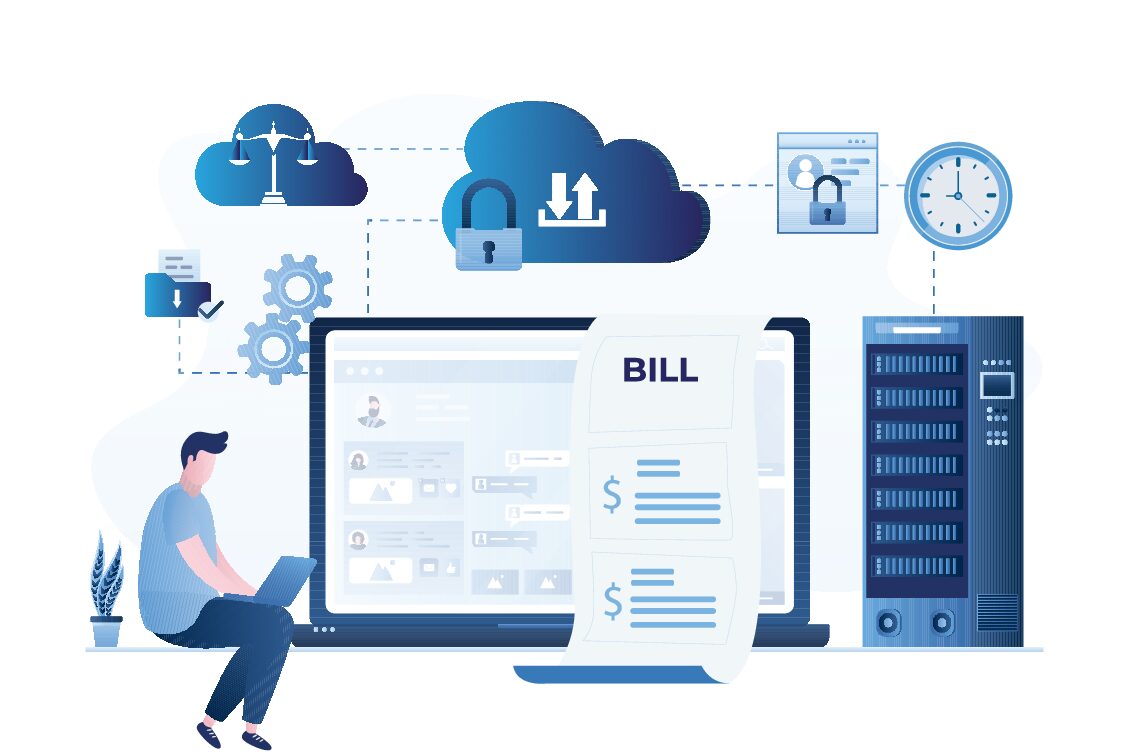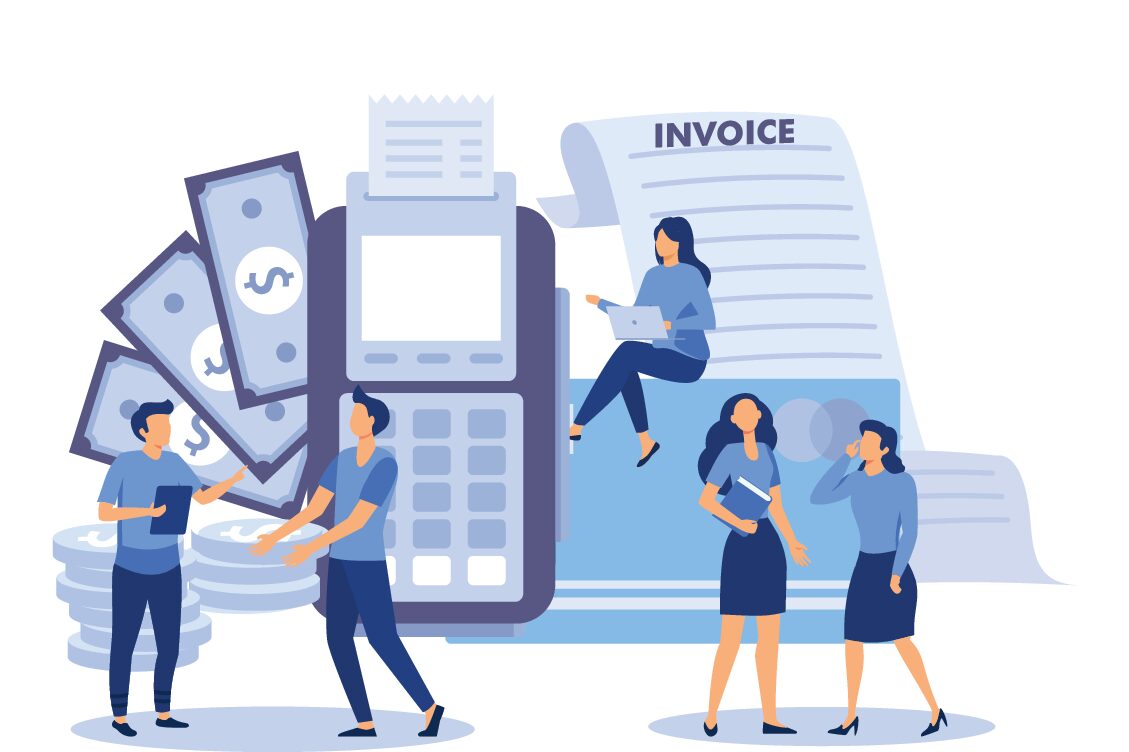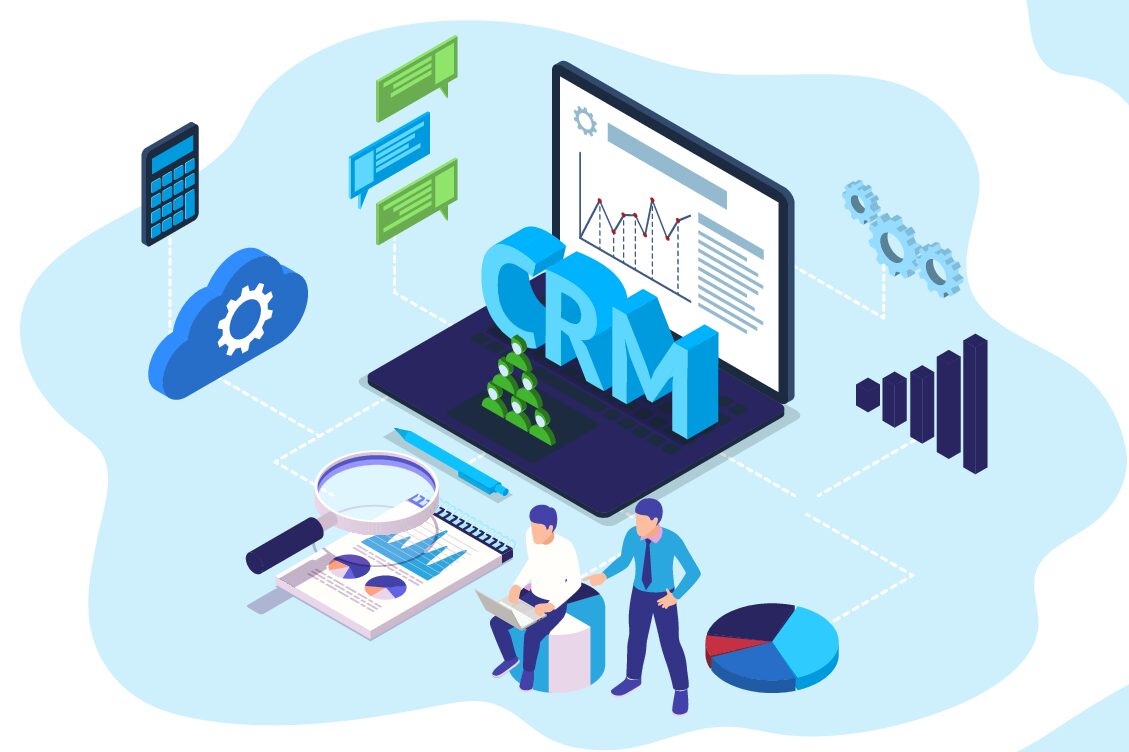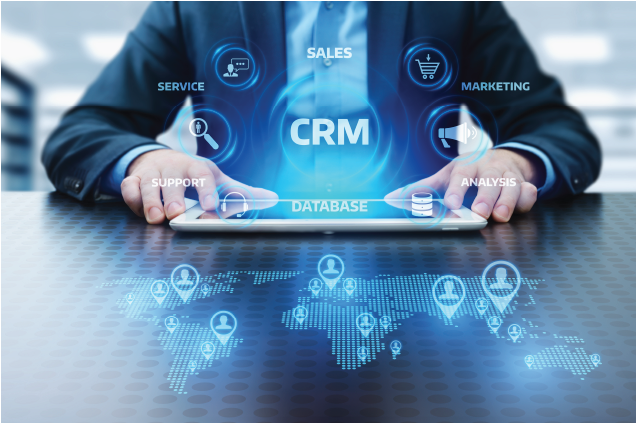Bringing in new clients is key to growing your legal practice, but it’s just as important to nurture relationships with existing clients. Acquiring a new client can cost your law firm up to five times more than retaining the ones you already have. But when you’re busy running a law firm, how do you find the time to stay in communication with existing clients who don’t have active legal matters?
The secret is investing in the right legal software support. With a law firm client relationship management (CRM) software, your practice can leverage powerful marketing automation and client communication tools to:
- Strengthen your firm’s existing client relationships
- Add to the lifetime value of your clients
- Increase your firm’s efficiency and productivity
- Bring in more referrals from current and former clients
With a legal CRM at your disposal, you’ll be able to foster stronger relationships with more consistent communication, all while saving time for your attorneys, paralegals, and staff.
What is customer relationship management (CRM) software?
To understand what Customer Relationship Management (CRM) software is and how it can level up your client retention marketing plan, it’s helpful to first understand what Customer Relationship Management (CRM) software isn’t.
CRM software is not:
- Practice Management Software
- Time Tracking Software
- Billing Software
- Document Management Software
CRM software is a powerful marketing tool that businesses, including legal firms, can use to manage communications with both potential and current clients. Essentially, a CRM software helps you handle everything that goes into client relationships:
- Boosting your marketing efforts
- Providing faster, more consistent communications
- Automating marketing tasks
- Organizing and managing client contact information
Why do law firms need a CRM?
A good CRM leverages automation to streamline communication between clients, paralegals, attorneys, and partners. To do this, CRMs automate some of the most redundant tasks on your staff’s day-to-day to-do list, such as follow-up messages and signature requests. As a result, your legal firm spends less time on tedious, repetitive busy work and more time doing exactly what it does best—practicing law.
Who will use your law firm’s CRM?
Most, if not all, of the staff at your firm can benefit from the features a CRM has to offer:
Paralegals
Paralegals can use a CRM to schedule appointments, manage case documents, and request e-signatures from clients with speed and efficiency.
Attorneys
Attorneys can leverage the features of a legal-friendly CRM to build client intake forms that filter qualified leads, as well as assign tasks to themselves and other attorneys and staff members.
Marketing team
Your firm’s marketing team should take advantage of your CRM to refine your target audiences, manage drip campaigns, and identify the most profitable practice areas for future marketing.
Partners and firm owners
Some CRMs include an analytics suite that empowers partners and firm owners to collect revenue insights and run reports. This data can be used as a basis for future business decisions.
Should law firms use a legal-specific CRM?
In a word, yes.
While there are plenty of good CRMs on the market that aren’t industry-specific, they won’t be ideal for the needs of your legal practice. A legal-specific CRM will be specifically designed to accommodate the unique needs and workflows of law firms.
Legal CRMs include features specifically designed to lessen your staff’s workload. Most industry-agnostic CRMs do allow you to create a workflow that makes sense for your firm’s most frequent tasks. However, a CRM designed with law firms in mind achieves the same goal in less time by allowing you to customize a pre-populated workflow including the specific tasks most often performed in a legal setting.
Perhaps most importantly, a good legal-specific CRM will prioritize compliance regulations as much as you do. Built-in fail-safes to prevent inadvertent compliance violations offer peace of mind to partners and make managing private documents and personal contact information easy for even the least experienced members of your firm.
Five ways to use your CRM to market to your current legal clients
1- Manage client communications
Clients, no matter how big or small their legal matters are, want to feel heard by their legal team. But lawyers are busy, and no matter how invested they are in their clients, there are only so many hours in the day.
A legal CRM can make it easier to provide high-quality client care throughout legal cases and beyond. Here are a few ways a good CRM can help:
- Your legal CRM centralizes all client communications so that anyone on your team can help answer questions.
- You can automate follow-ups, appointment reminders, and requests for documentation or signatures so matters keep moving forward.
- You can monitor issues across clients to identify common problem areas in your workflow or operations.
All this information gives you the tools you need for prompt, consistent, and meaningful client communication. And in return? Your clients will feel more connected and valued by your law firm, increasing the chances that they’ll invest in your relationship.
2- Send email drip campaigns
Drip campaigns aren’t just for nurturing new leads throughout the sales funnel. They can also play a role in building existing client relationships by establishing a consistent rhythm of communication that keeps your law firm top of mind.
Drip campaigns can be used to:
- Share valuable and/or exclusive resources
- Send weekly or monthly law firm newsletters to keep clients engaged
- Target content about practice areas for segmented audiences
- Re-engage clients
Traditionally, the only major downside to email drip campaigns is that they require you to stay focused and consistent in your email marketing efforts—and manually sending and managing drip campaigns can be a pretty major time sink for your team. A robust legal CRM solves this issue by allowing you to automate campaigns, so you can stay top of mind with current and former clients without taking time away from pressing client matters.
3- Expand your marketing efforts through texting campaigns
As useful as targeted email campaigns can be, they aren’t the only way to keep current clients engaged with your firm. Text message marketing campaigns can accomplish many of the same goals as email drip campaigns, but with the advantage of a higher open rate. Since texts are seen, read, and responded to at a much higher rate than emails, they’re a great way to stay in touch and alert current clients to new services, useful resources, and more.
You can even use your text message marketing in conjunction with ongoing email campaigns—sending a follow-up text can boost the open rate of your drip campaign emails by as much as 30%. And while not every CRM offers text message automation, the right software tool will allow you to send personalized, automated texts from a number your clients can actually respond to.
4- Identify ways to improve your marketing
Your CRM can also help you understand the success of your current marketing efforts and further fine-tune your campaigns to increase engagement with clients. A good law firm CRM will include robust reporting and marketing analytics to help you better focus your marketing efforts—and your marketing budget.
You can use your CRM to run analytics on:
- Which emails or texts your clients have responded to
- Which marketing campaigns have the highest click-through rates
- Which services generate the most interest from your current clients
You can also assess the ROI on your current marketing outreach to clients to find which campaigns are keeping your clients engaged and which campaigns are underperforming.
5- Grow your firm by gaining more referrals
By streamlining your communications with clients, a CRM makes it easier to keep your clients happy, which can lead to increased referrals in and of itself. However, your CRM can also play an active role in helping you solicit more referrals and positive reviews from current clients and clients you’ve served in the past.
For example, a legal CRM can allow you to set up email drip campaigns asking current and former clients to leave a review of your firm. If a client leaves a positive review, the campaign can be configured to automatically follow up with subsequent emails thanking them for their review and reminding them to refer your practice to their family and friends.
It’s an excellent way to grow your practice using the satisfied clients you already have—without wasting too much time manually soliciting referrals.
Get started today with TimeSolv’s robust Law Ruler integration
At TimeSolv, we’re always looking for ways to help law firms work more efficiently, become more profitable, and grow. That’s why we now integrate with Law Ruler, the #1 CRM built specifically for law firms.
Law Ruler’s powerful CRM tools are designed to position law firms for growth. With a full suite of marketing automation, client intake, and analytics tools at their disposal, firms using Law Ruler can sign more clients and build better client relationships in less time.
To see for yourself how TimesSolv’s time and billing solutions work in tandem with Law Ruler’s CRM tools, schedule a demo or start your free trial today.

